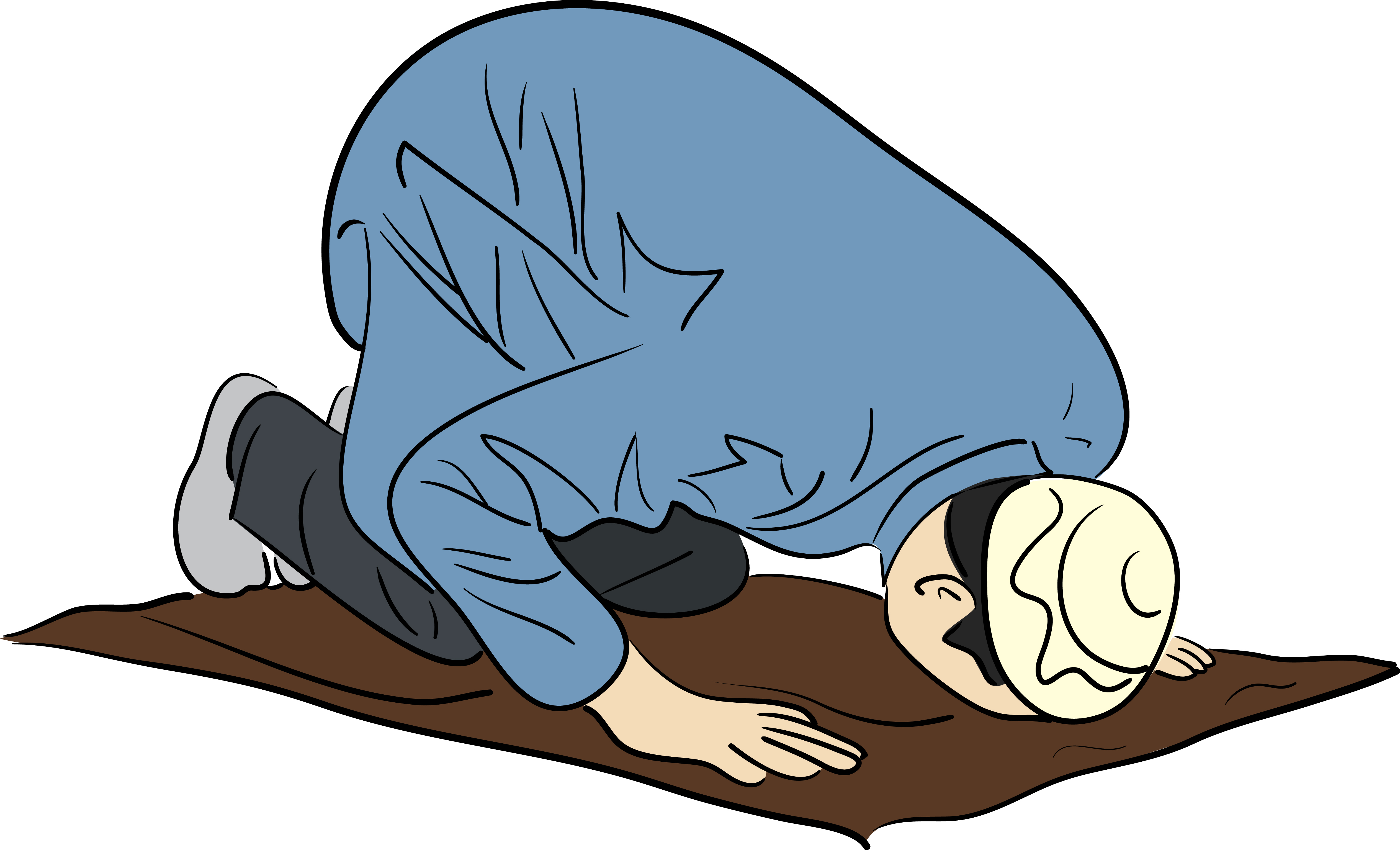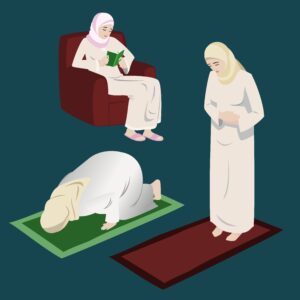Ramadan is one of the Blessed Month of the Islamic calendar. Muslims make special preparations and involved in extreme worship in this month to praise of Allah Almighty. Moreover keeping fast, the other aim of Muslims in this month is to get as many blessings and reward from Allah Almighty as possible. In the month of Ramadan, Muslims focus is on prayers of different kinds and making requests in the court of Allah Almighty for greater blessings and mercy. Therefore, Ramadan month is also an increase in the prayers and Duas as well.
The legality of the Tarawih prayer:
During the month of Ramadan the specific prayers are performed, which are Tarawih prayer. They are after the mandatory namaz ‘Isha’. It will be performed before the witr. It is in the sets of two Rakat each and will continue until the end of the night.
Abu Hurairah reports that the Prophet (SAW) said:
“Whoever prays during the nights of Ramadan (Tarawih) with a strong belief and expecting for reward, all of his prior sins would be forgiven.” (Bukhari)
This hadith of Prophet Muhammad (PBUH) shows the importance of Tarawih prayer in Ramadan. Hazrat Aisha (RA) narrates
“The Prophet (PBUH) offered Salah in the mosque and many people prayed with Him. The next day He did the same and more people prayed with Him. The people gathered on the third night but, the Prophet (PBUH) did not come out to them. In the morning, He said to them: ‘Surely I saw what you did, and nothing prevented Me from coming out to you, save that I feared that (that prayer) would be made obligatory upon you.’ And that was during Ramadan.” (Tirmidhi)
The number of Rakat of Tarawih:
Hazrat Aisha (RA) reported that the Prophet (SAW) would not pray more than eleven Rakat during Ramadan. Then, the next day, the people waited for him but he did not come out to them.
“Most of the people of knowledge follow what has been related from Umar and Ali and other companions of the Prophet, [i.e., that they prayed] twenty rakat.” (Tirmizhi).
“And so I found the people of Makkah praying twenty rakat.” (Al-Thauri, Ibnal-Mubarak, and ash-Shaf’i).
Al-Kamal ibn al-Hamam says: “The evidence indicates that the sunnah of the twenty Rakat is what the Prophet (SAW) himself did. and then he stopped out of fear that it would become something compulsory (for his followers). Therefore, the rest of the Rakat are only chosen. It is, however, definite that he only prayed eleven Rakat, including the witr, as is stated in the two sahih. According to the intellectuals, the sunnah is eight Rakat while it is to pray twelve Rakat.”
Praying Tarawih in the congregation:
It is permissible to pray Tarawih prayer in the month of Ramadan in a congregation as it is permissible to pray them on a separate basis. The Prophet (SAW) prayed tarawih in the congregation with the Muslims. but he stopped since he fears that it would be made compulsory. Umar was the one who appealed the Muslims to pray tarawih behind one imam. Abdurahman ibn Abdulqari reports:
“One night during Ramadan, I went with Umar to the mosque and the people were praying in different groups. Some were praying by themselves and others were praying in small groups.
Umar said: ‘I think it would be better if I gathered them under one imam.’ Then he did so and appointed Ubayy ibn Ka’b as the leader of the prayer. Then I went out with him on another night and all the people were praying behind one imam and Umar said:
‘What a good innovation (bid’ah) this is,’ but, it is better to sleep and delay it until the latter portion of the night.”
This is related by al-Bukhari, Ibn Khuzaimah, al Baihaqi, and others.
Qur’an recitation in Tarawih:
There is no particular Sunnah regarding the recitation during salat-e-tarawih. Some people of the early generations would pray with two hundred ayahs or so. The people would be leaning on staff due to the protracted-standing during the namaz. They would not leave their prayers until shortly before dawn and some of them would rush their servants to prepare food for them fearing that dawn may break soon. They would recite al-Baqarah in eight Rakat and if they would complete it in twelve Rakat, they would consider their prayers to have been very short.
Ibn Qudamah says:
“Ahmad said: ‘Recite the Qur’an what is easy for the people and do not be hard upon them. especially during the short nights [i.e., during the summer].'”










